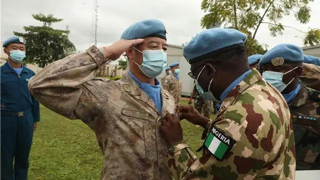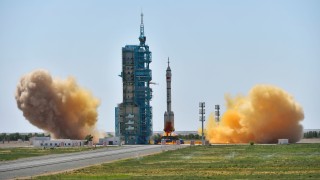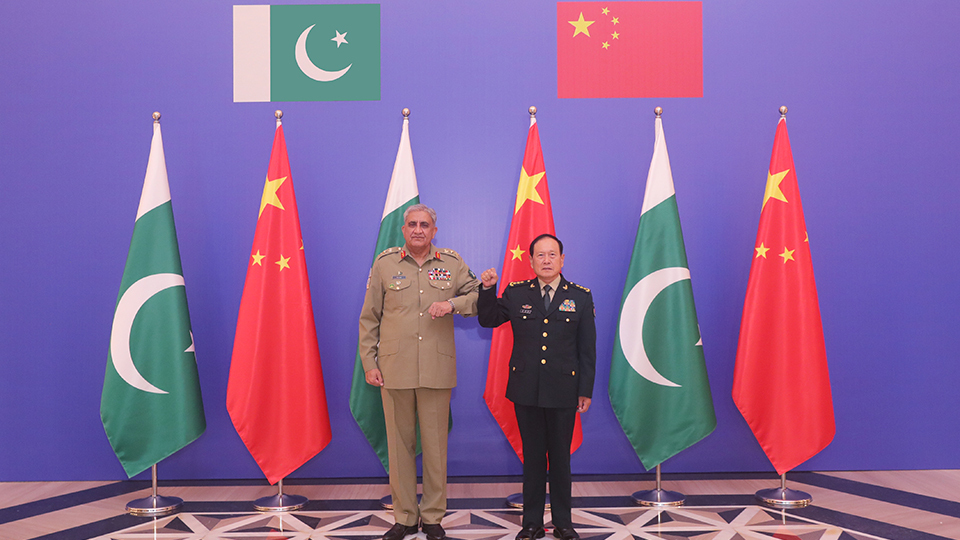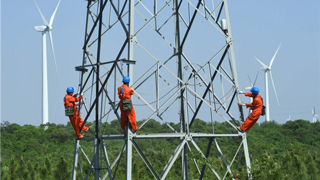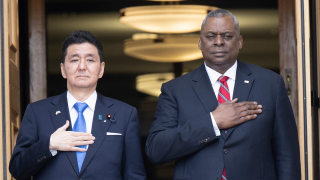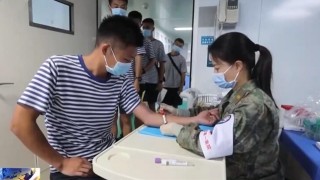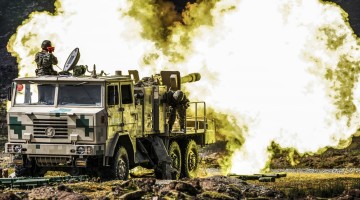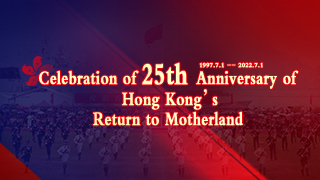By Fan Peng
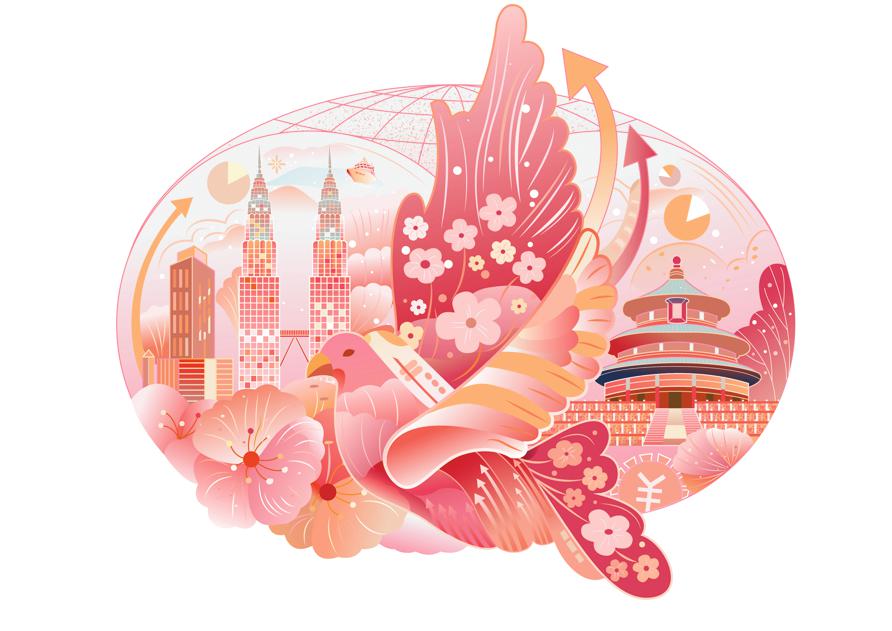
President Xi Jinping, also general secretary of the CPC Central Committee, has reiterated that the country will promote whole-process people's democracy, which is the result of the Chinese people's pursuit of socialist democracy with Chinese characteristics under the Party's leadership, as well as the application of Marxism to China's real conditions.
The Party is implementing whole-process people's democracy, in order to ensure the country is run by the people. The Party has always kept to the right path when it comes to developing political democracy on the basis of what has worked in the past. In short, its pursuit has always been to build a new form of democracy that is based on China's real conditions, reflects the spirit of the times and gives voice to the people.
In its more than hundred-year history, the Party has acted as the backbone of the Chinese people, and remained committed to serving the people wholeheartedly and developing a democratic system that takes into account the needs of all the 56 ethnic groups across China.
The National People's Congress, the top legislature, plays a key role in the implementation of whole-process people's democracy. And the Party has constantly expanded the participation of people in politics, strengthened human rights protection and rule of law, and ensured the people enjoy extensive rights and freedom according to the laws framed by the NPC.
The election of the deputies to the NPC is one of the largest democratic exercises in the world. All five levels of NPC deputies are elected through democratic elections, and all Chinese citizens above 18 years of age have the right to vote and contest the elections.
By 2021, more than 2.62 million deputies from different ethnic groups, professions, and political parties had been elected to people's congresses at different levels. That considerable numbers of workers and farmers have been elected as deputies to the people's congresses at every level speaks volumes of the democratic electoral system.
Since China's economic development has been uneven across regions and sectors, there is a need to ensure the development of democracy in the country is supervised by a centralized force like the Party. Also, a country like China needs a political system that would help it to safeguard its core national interests and appropriately respond to the changing times. The democratic system should also safeguard most Chinese people's interests.
As the vanguard of the Chinese people, the Party has ample political authority and organizational capacity to undertake the duty of implementing whole-process people's democracy. After all, the Party turned the country, which was disunited in the past, into a solid political entity and improved the lives and livelihoods of all Chinese people.
The Party has also institutionalized and standardized socialist democracy with Chinese characteristics and implemented people-centered whole-process democracy by expanding people's participation in politics.
To further develop whole-process people's democracy, the Party should focus on constructing diverse, smooth and orderly democratic channels to make sure people not only participate in elections and the decision-making processes, but also take part in governance and manage economic, cultural, and societal affairs.
It is very important that people's voice is heard from the village to the national level of Party committees and organizations and ensure governance embodies people's will, and the Party protects people's rights and interests.
For the people, whole-process people's democracy has greatly expanded their participation in political governance and ensured people's needs and aspirations are taken into account while drafting policies. It has also helped the people participate in social governance through diverse democratic management mechanisms including village and neighborhood committees, enterprises, public institutions, government departments and social institutions.
The Party will continue to improve whole-process people's democracy and consolidate the political foundation for realizing the second centenary goal of developing China into a great modern socialist country that is prosperous, strong, democratic, culturally advanced, harmonious, and beautiful, and achieving the Chinese Dream of national rejuvenation while continuing to contribute to global development and human civilization.
The views don't necessarily represent those of China Daily.
The author is a researcher with the Institute of Political Science of the Chinese Academy of Social Sciences.
